What Did the British Give and Take?
What Did the British Give and Take?
The Mughals established national governance in India, and their system was entirely secular. However, the British propagated it as Muslim rule and promoted Maratha rule as Hindu rule. But under the Maratha king, many high-ranking officials were Muslim. These truths remain clearly recorded in history. Through this misinformation, they sought to pit Indian Muslims and Hindus against each other, and they succeeded entirely. The extent and power of this misinformation enabled the British to exploit, oppress, and crush us for almost two hundred years. This stain will not be erased as long as human civilization exists. Educated and English-benefited individuals in this country could understand these simple truths. However, their personal, familial interests, greed for power, and direct result of a subservient education system made them as naive as animals. Unfortunately, we have not yet been freed from the self-destructive influence of hundreds of Mir Jafars, Jagat Seths, and Ray Durlabhs.
The truth is that there was no communalism in India before British rule. This "potable honey" was imported by the British imperialists, and their educated disciples have been using this self-destructive substance in various ways ever since. The rule of Ranjit Singh in Punjab (1799-1849) and the Maratha rule of Chhatrapati Shivaji (1674-1818) were not wholeheartedly accepted by most Indians, so their cultural influence did not take root in the Indian psyche. Back then, it was rulers fighting rulers, never communities fighting each other. But the British came, and through the conspiracy of power-hungry and money-thirsty people, without the knowledge of the masses, they started conquering the provinces one by one. Of course, our national traitors played a significant role in this, actively supporting the British. Some out of a desire for position, some out of greed for money and jobs. Otherwise, the British Empire could never have been established in India. The rival kings of the Mughal power could not demonstrate any superiority over the Mughals in governance or civilization. This is history. I am not defending Mughal rule; they were not true Muslims either, but their governance was heavily influenced by Islam, and many of their rulers had significant spiritual purity. But there was no true Islam. What existed were remnants of Islamic civilization. Compared to the materialistic civilization introduced by the British, those remnants were a thousand times more civilized, advanced, and full of justice and peace. I am discussing this subject to draw a comparative picture of these two civilizations.
One more thing needs to be said to clarify our statement. That is, although it still circles in the minds of some people that the British were more civilized and sophisticated than the Indians when they conquered India. These bizarre, imaginary propagations are not limited to their minds; they try to express these ideas in various ways through their writings. If these things were said based on truth and fact, there would be no objection. So why did the British win these wars this way? The answer lies in the Holy Qur'an, Surah At-Tawbah, Ayahs 38-39, where Allah says, "If you do not go forth in the cause of Allah, He will punish you with a severe punishment and replace you with another people." This is the real reason for the cruel fate of the misguided, lost, goal-diverted Muslim nation. In fact, the civilization created in India due to Muslim rule was not behind the British in any way, but this was Allah's punishment. It can also be recalled that the Khalifa of Baghdad, the playground of knowledge and science, was defeated by the uncivilized Mongol forces. The victory of the British over the Indians was similar.
During British rule, while India's wealth and resources were looted and turned India into a beggar, the craftsmanship in arts and crafts known to the locals, which was far superior and more refined than that of the British, was also destroyed by the imperialist British. They did this to benefit the industrial products of England. There was plenty of wealth at that time, and if it had remained in the country, it would not have been difficult to acquire any knowledge. Now poverty has become such a destructive disease that its every aspect is harmful. Under British rule, the greatest harm came to agriculture and industrial goods, to the farmers and laborers of the country. Being victims of the state's biased policies, Muslims gradually became poor and destitute beggars far removed from a ruling nation. Their economic decline has been mentioned by William Hunter in "The Indian Musalmans": "A hundred and seventy years ago it was almost impossible for a well-born Muslim in Bengal to become poor: at present it is almost impossible for him to continue rich."
The British left, imposing this mountain of poverty on the people of India, leaving behind their local ruling class as their bearers. As a result, our geographical independence has become meaningless. In this regard, we will provide fact-based quotations from Sakharam Ganesh’s “Desher Kotha” to show what kind of reluctance the British government had towards practical education for the people of this country at first:
"But they (the British) did not wish for these (practical education) in Indian society; they wanted an excess of laboring farmers in India; hence 85 out of every 100 people are engaged in agriculture - half of whom are perennially half-starved! Because 'as the thought, so the success.'"
The British established Roorkee Engineering College to teach engineering to their children, which was built with the money of the locals, but from the beginning, the authorities made every effort to keep the path of entry for the locals thorny. Later, the entry of Bengalis and Maharashtrians was completely banned. Firstly, the locals were not allowed to pass the exams. Even those who did pass were not given jobs, and those who got jobs were given lower positions. Mr. Naoroji has shown that while 96 white youths passed and 86 got big jobs during that time, out of 16 local youths who succeeded, only 7 got jobs (even those in lower ranks).
So it is proven that initially, the British did not want Indians to be educated, but wanted to keep them as farmers. Even when they established engineering colleges, they did not allow Indians the opportunity to study there. The British were not willing to teach us their industrial civilization. They only wanted to teach as much as was necessary for clerk jobs. During the Mughal era, both Muslims and Hindus held high-ranking positions. They governed their own country. But under British rule and their propaganda, we became immature and naïve. The British propaganda was such that, "You are uncivilized, you know nothing, you can do nothing. We will do everything." Yet, until the British conquered India, Mughal-ruled India was superior to England and any top European country in industry, trade, and civilization. This truth is clear if one looks at the pages of history. A great civilized nation was stripped of everything civilized and left utterly naked, impoverished, and poor. Every industry of ours was destroyed. The main point is that the imperialist British came to exploit us in every way possible, and they did so. We must not forget these truths. During these times, ten crore people in India were hungry or half-starved due to the glory of British rule.
Even though it takes us slightly off-topic, we cannot resist providing a brief overview of the famines in British India. The excerpt is taken from the book ‘Desher Katha’ (Fifth Edition: Agrahayan 1315) written by Sri Sakharam Ganesh Deuskar. When examining the history of Indian famines, it becomes evident how closely we have been associated with famines over time. According to English historical accounts, a form of anarchy prevailed throughout India during the eighteenth century. However, in that century, there were no more than four famines, each confined to specific provinces. During the nineteenth century, as British rule gradually expanded in India, unfortunately, the famine monster also managed to extend its dominion. In the first quarter of the past century, or from 1801 to 1825, ten million people in British India perished from starvation due to famine, and in the second quarter, five hundred thousand people died from famine. In the third quarter of the past century, the Sepoy Rebellion was organized and subsequently led to the establishment of English rule throughout India. During these twenty-five years, famine also firmly established its reign in the country. According to government reports, from 1850 to 1857, six famines occurred in British India, causing fifty million Indians to suffer severe pain and die. The famine stories of the last quarter of the nineteenth century are even more tragic. In these twenty-five years, eighteen famines blazed across the country, consuming approximately 26 million lives. Among these, in just the last ten years alone, 19 million Indians have painfully perished, crying out for food.
Referring to the victims of these heart-wrenching disasters, the distinguished William Digby, C.I.E., lamented deeply, "You have died, you have died unless by.”
You have died, you have died needlessly.
It is commonly believed that war results in more casualties than anything else, but the history of Indian famines disproves this misconception. Digby showed that from 1793 to 1900, over a span of 107 years, no more than five million people worldwide died in wars, but during that same period, 33.5 million people died of starvation in India. Countless cattle, such as cows, buffaloes, and goats, also perished, although their numbers are unknown. Thus, the Indian famine was more terrifying than the greatest wars known to mankind. The truth is that a shortage of crops is not the primary cause of Indian famines. There are many countries in the world where the amount of arable land is very small relative to the population. In England, the lack of arable land is particularly severe. The crops grown there could not sustain the people of England for more than 91 days. Nevertheless, the remaining 274 days of the year, the people of England do not starve. In times of natural disaster or divine calamity leading to food shortages, civilized nations import crops from distant lands to meet their needs. Every year, India exports wheat and rice worth 16.5 million rupees by sea to those countries (Europe) to feed their populations. The people of European countries live comfortably and luxuriously by importing crops from thousands of miles away, while Indian sons and daughters, despite having vast green fields nearby, die of starvation in droves.
How this situation was created is a tragic chapter in human history, but we will return to our main topic of British education. Reading about the atrocities committed by the zamindars, the agents of the British rulers, under the guise of tax collection is shocking. While the British government needed to collect three crore rupees in taxes, the poor farmers and laborers were forced to pay eighteen crore rupees. Numerous arbitrary taxes were levied, some of which are too shameful to mention, totaling fifteen or more. For example, taxes for wedding gifts, festival expenses, school expenses for zamindar children, pilgrimage expenses for the zamindar family, hospitality expenses when the British officials visited, postal expenses, beggar or loan repayment taxes for the zamindar, police expenses, feast expenses, housewarming gifts for new houses built by farmers, income tax, land transfer fees, tribute, taxes on Muslim farmers' beards, and so on. Even though this information is found in Dr. Badruddin Umar’s book ‘Ishwar Chandra Vidyasagar O Unish Shataker Bangali Samaj,’ I am reminded of page 92 of the thoughtful writer Radha Raman Saha’s ‘Pabna Jelar Itihas’ (History of Pabna District). In addition to taxes, zamindars imposed sixteen types of punishments on poor farmers and tenants, such as flogging, beating with leather sandals, pressing the chest with bamboo and sticks, pinching the nose and ears with pliers, rubbing the nose on the ground, binding hands behind the back and beating with bamboo poles, applying stinging nettle leaves, confining in grain pits, locking up in lime rooms, exposing to chili smoke, and so on. (Reference: Samayik Patra Bangla Samaj Chitra: Binay Ghosh, Volume 2, pp. 39, 123).
The oppression by the zamindars under the orders of the British is described by the 'Sahitya Samrat' (Emperor of Literature) Bankim Chandra Chattopadhyay, who wrote in support of either the British or the zamindars, 'Many tenants are not good. They do not pay rent unless coerced. If the zamindar tries to collect rent from everyone through complaints, it will ruin the zamindar.' (Bankim Rachanasamagra Volume 2, p. 298).
The exploitation under the guise of British rule suppressed both the educated and the illiterate. Some became brave and resisted, and in doing so, they were killed, injured, beaten, or imprisoned; they are our respected historical figures. Those who bore the pain in silence, unable to resist, are not disrespected by the nation either. However, those who advocated for and supported the exploitation and oppression, with their pens and hearts, can rightly be called enemies of the country without any shame. When placing the sage, Sahitya Samrat, and the so-called creator of India's independence, Bankim Chandra, in the highest seat of honor, one must ponder how he could write, 'Due to physical sluggishness caused by the heat, lack of interest in labor, and reluctance to travel to other countries, the country’s wealth production has not increased adequately.’ It is not difficult to understand here that he accused the Indian people themselves rather than the British as the cause of the famine.
Images Related to this Post

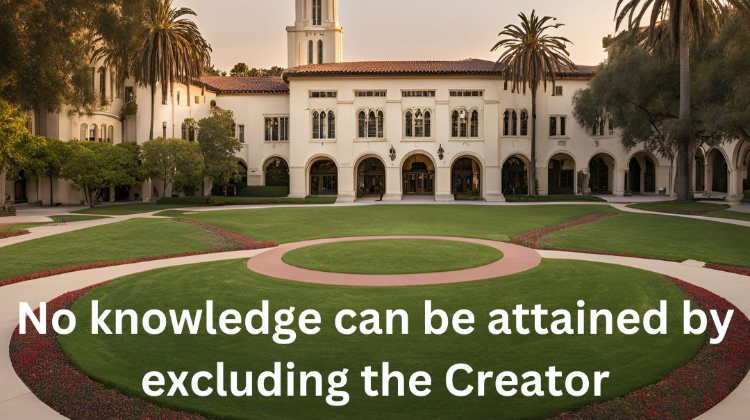

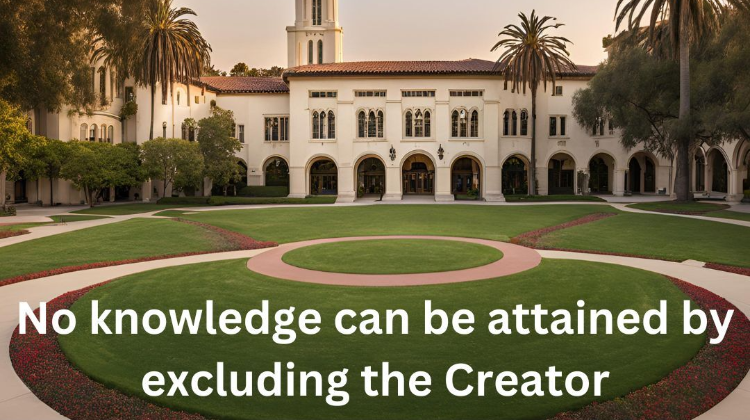
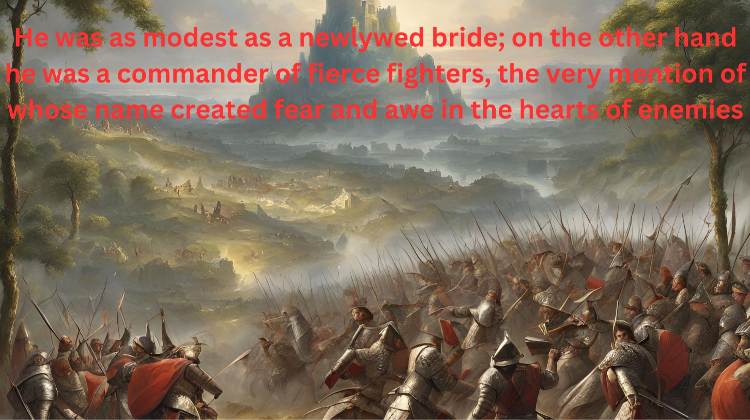



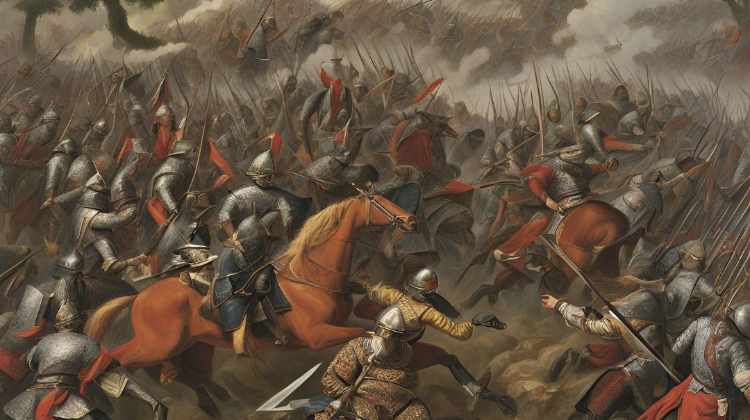
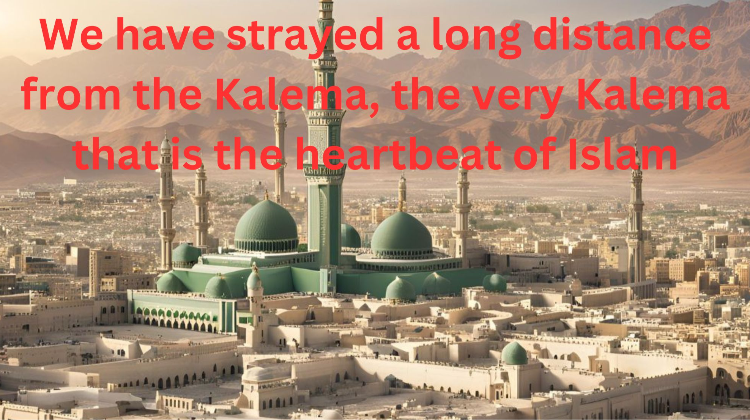
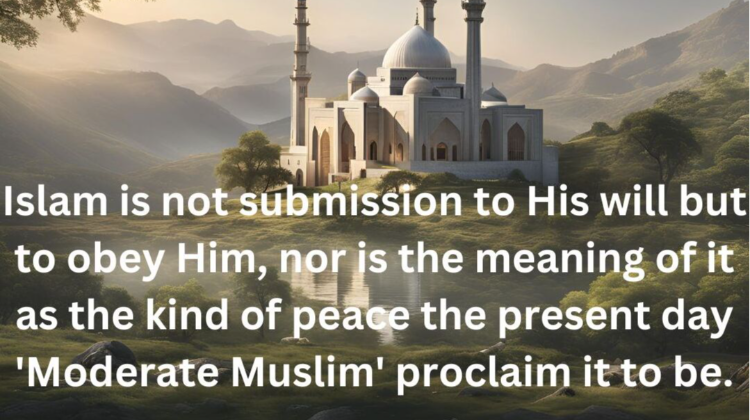
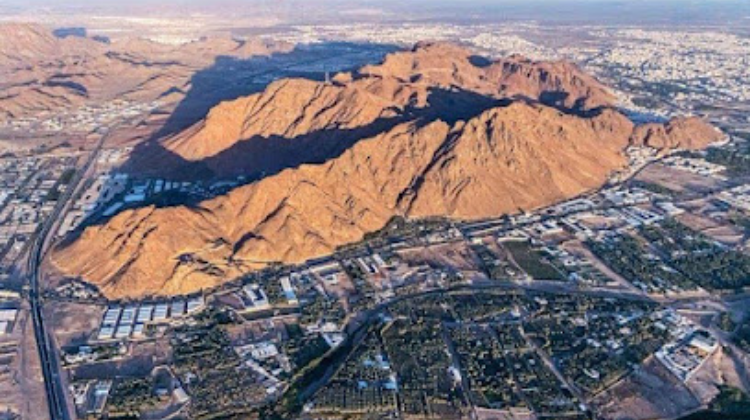
Leave a Comment